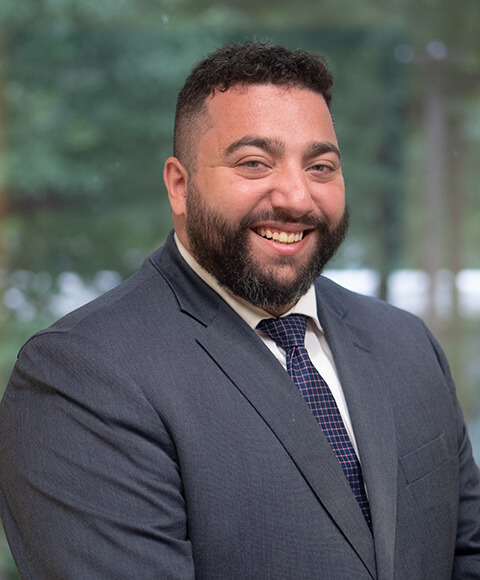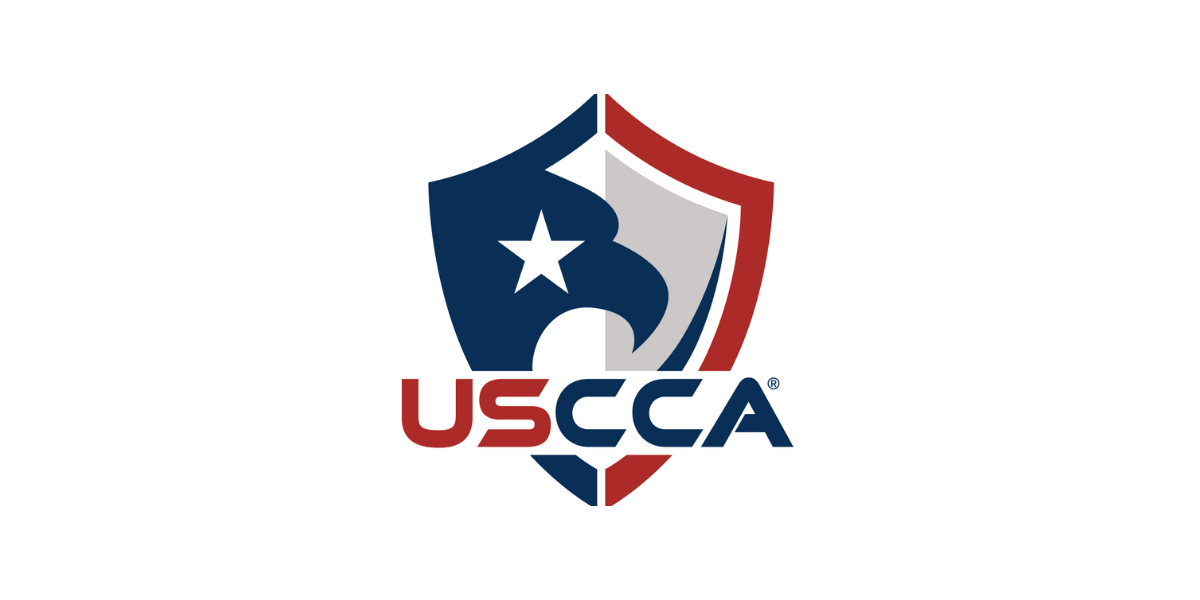Contrary to the popularly held assumption in the title, Title IX of the Education Amendments of 1972 applies to all aspects of education for any educational institution that receives federal funding. While this does extend to things like sports programs and sexual misconduct, there are many other aspects of your education that are protected by law, including areas such as financial aid, housing and employment opportunities, counseling services and courses, and insurance benefits, to name a few.
Anyone or any group that believes a Title IX violation occurred in one of these areas at a school receiving federal assistance can file a complaint with the Title IX Coordinator at their respective institution.
While great measures are taken to ensure all students have access to similar opportunities, the freedom for anyone to file a complaint does carry a high risk for those accused. Alleged Title IX offenders must go through investigations, disciplinary hearings, and, possibly, the criminal justice system, to address the allegations made against them. Even without any convictions or guilt, these processes alone can hurt a student’s or institution’s reputation.
While no one is expected to know what to do when accused of a crime or seeking access to equal treatment, understanding the basics of the process, what rights are guaranteed, and what first steps to take can be the difference between being proven innocent or jeopardizing one’s academic career.
What is Considered a Title IX Violation?
As previously touched upon, Title IX complaints can cover a wide variety of sex-based discrimination matters beyond just sexual harassment. Being said, sexual harassment is the most common allegation, and violations can include things like domestic violence, dating violence, stalking, and utilizing an educational benefit or service in exchange for sexual conduct (“quid pro quo” harassment).
However, Title IX can also cover retaliation, including acts such as giving students failing grades, barring them from participating in school activities, or threatening to suspend or punish anyone seeking to enforce their Title IX rights. Some specific examples might include getting little to no play time in sports, being subjected to unfairly stricter standards than others, or being demoted to a lower position in athletics, school, or a working position.
Additionally, Title IX can cover things such as bullying and general harassment that create a hostile or unsafe environment for both students and school staff. A hostile environment can develop when sexual or discriminatory conditions promote intimidation and fear. As a result, a person could not be allowed to participate in or receive the full benefits of a program, activity, or job. Examples of conduct that might promote an adversarial climate include physical threats or assaults motivated by gender, slurs and taunts, name-calling, and stereotyping.
Common flaws in Title IX Investigations
When it comes to Title IX investigations and proceedings, operations are different from how they would traditionally be when accused of a criminal charge outside of academia. As such, there are many potential issues that could negatively impact your case if you are unaware of them. In our experience, Title IX proceedings can be so faulty that they impair both parties’ access to a fair hearing.
One of the most common flaws is a biased investigator. Although one may believe that a law enforcement officer examines Title IX claims, the fact is that a university will engage an investigator to undertake this phase, also referred to as a Title IX coordinator. Additionally, despite the fact that some investigators are more skilled than others, it might be challenging for a school-employed investigator to conduct an objective inquiry. What if, for instance, they find out that their employer, the university, was at fault? That implies that their employer’s interest is in jeopardy, which can persuade the investigator to improperly weigh crucial details in a case.
Additionally, Title IX investigations are conducted rather quickly, which can lead to issues when collecting evidence. In particular, when alleged victims and witnesses don’t feel comfortable telling investigators the whole story, this might result in exculpatory material (i.e., proof of innocence) being omitted from the investigation process. The fact that investigators get to decide what information is crucial and what is not can be problematic, especially given the possibility that they are acting in their employer’s best interests.
Lastly, doubling down on the point of biases, since Title IX investigators are responsible for determining the validity of evidence and its connection to a claim of discrimination, it is important that they again assess things from a neutral standpoint. This means that they should ignore any gut feelings or implicit biases. However, since these investigators are humans and not bound by the same procedure that would traditionally be followed when it comes to interpreting evidence in a criminal case, there could be unexpected consequences.
With all of this in mind, it may be wise to seek out some form of experienced counsel to make sure that every aspect of your Title IX case is handled fairly and legally.
Nicholas A. Marricco is an Associate in Tully Rinckey PLLC’s Manhattan office, where he focuses his practice on federal employment and education law. Prior to joining Tully Rinckey, Nicholas was a prosecutor for a prominent District Attorney in the City of New York, a civil rights attorney for families of disabled students, and an associate attorney for a boutique law firm.








